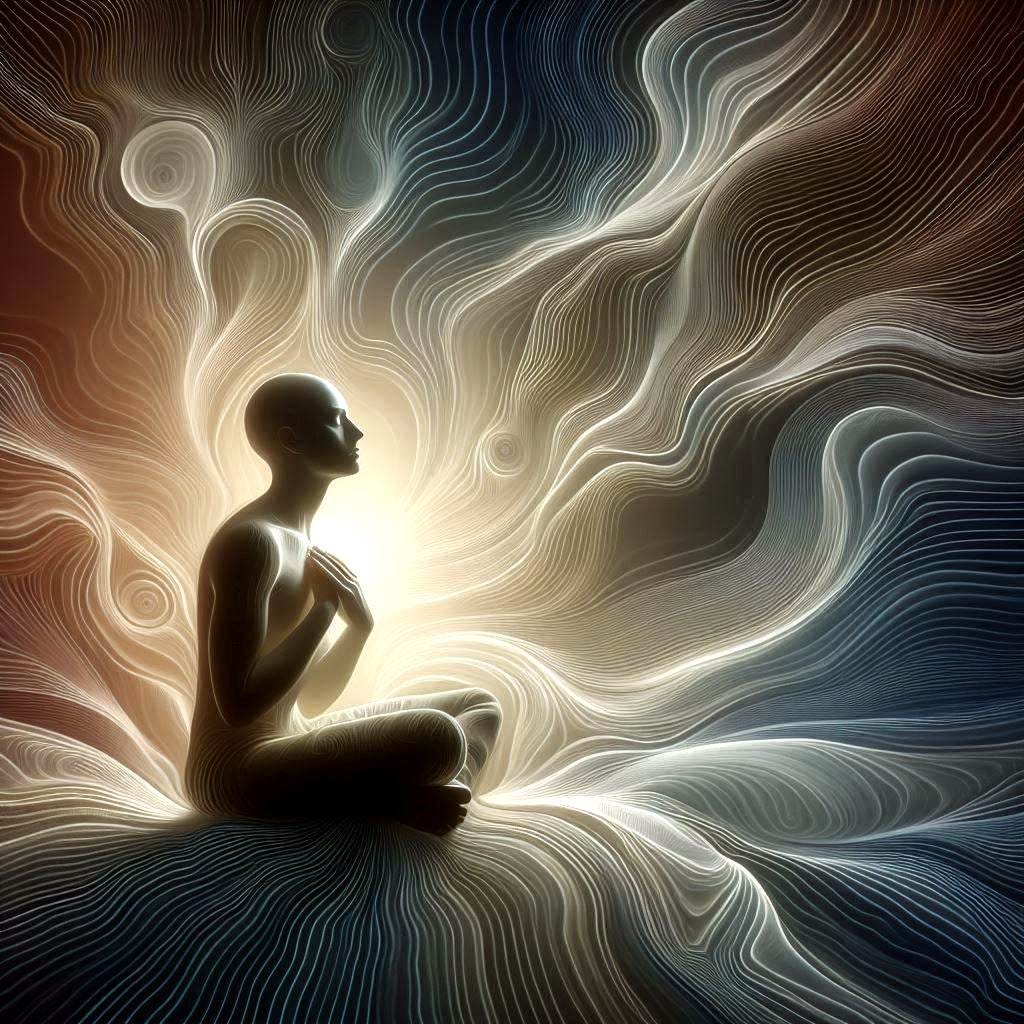In the unfolding mystery of your own consciousness lies an invitation to observe without judgment or preconceived notions. The brain, with all its complexity, often seems a distant puzzle, accessible only through external means—through science, dissection, or technology. Yet, here is a challenge posed: to turn inward, to watch the subtle workings of your own mind with a gentle attentiveness that is free from the usual demands of explanation or control.
This act of observation is not about acquiring new knowledge in the conventional sense, but rather about resting in the immediate experience of thought arising and passing, sensation flowing and shifting. It is to witness the dance of perception, feeling, and imagination, all unfolding in real time inside you. This kind of watching requires a relinquishment of the “self” as a fixed observer and an openness to what is present without needing to label or theorize it. The mind’s usual habit is to separate—seer from seen, thinker from thought—but the true inquiry here asks if that division can be softened or even transcended. What might it mean to watch the activity of the brain without the framing of past knowledge or future expectation? Is it possible to experience the origin of thought, the emergence of sensation, and the flux of inner life without interpretation?
This is a form of simplicity—not simplistic, but stripped of the compulsion to control or explain. It is a return to the raw immediacy of being aware, where curiosity is present but not driven by the need to possess understanding. Such an inward turning cultivates humility toward the vast unknown within and invites a deeper relationship with the living mystery of your own mind. As you practice this attentiveness, you may discover a freedom that arises from seeing things as they are—without the filters of judgment, memory, or expectation—and a profound stillness that reveals itself beyond the constant movement of thought.




